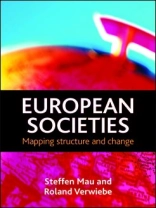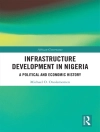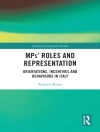This comprehensive textbook provides a thorough analysis of the nature of European societies across the expanded EU member states. Using a wealth of data, the authors compare the different dimensions of the territorial and social order of Europe and address a range of issues relating to Europeanisation and key topics such as inequality, migration, poverty, population and family, the labour market and education. Presented in a student friendly way, this book also helps unravel people’s attitudes towards Europe, European integration and citizens of other European countries. It will be an essential read for under- and post-graduate students and academics of sociology, European studies, social stratification, social policy and political sciences.
Tabla de materias
Introduction and conceptual considerations; Part one: The European social model from a historical perspective: Commonalities and intra-European exchange; Socio-structural characteristics of European societies; Part two: European societies compared: Political-economic models and institutional arrangements; Population and family; Migration; Labour market and employment; Education; Social inequality; Quality of life; Part three: European integration and European society in the making: Institutional and political aspects of Europeanisation; The dynamics of inequality in Europe; Horizontal Europeanisation; Subjective Europeanisation; Conclusion: rise of a European society?
Sobre el autor
Steffen Mau is Professor of Political Sociology and Comparative Social Research at the University of Bremen. His main fields of expertise are welfare state research, Europeanization, social inequality, transnationalization and border studies.
Roland Verwiebe is Professor of Social Stratification Research and Quantitative Methods at the University of Vienna, Austria. He has extensive research experience in research on social inequality, migration, labour market and Europeanization.












